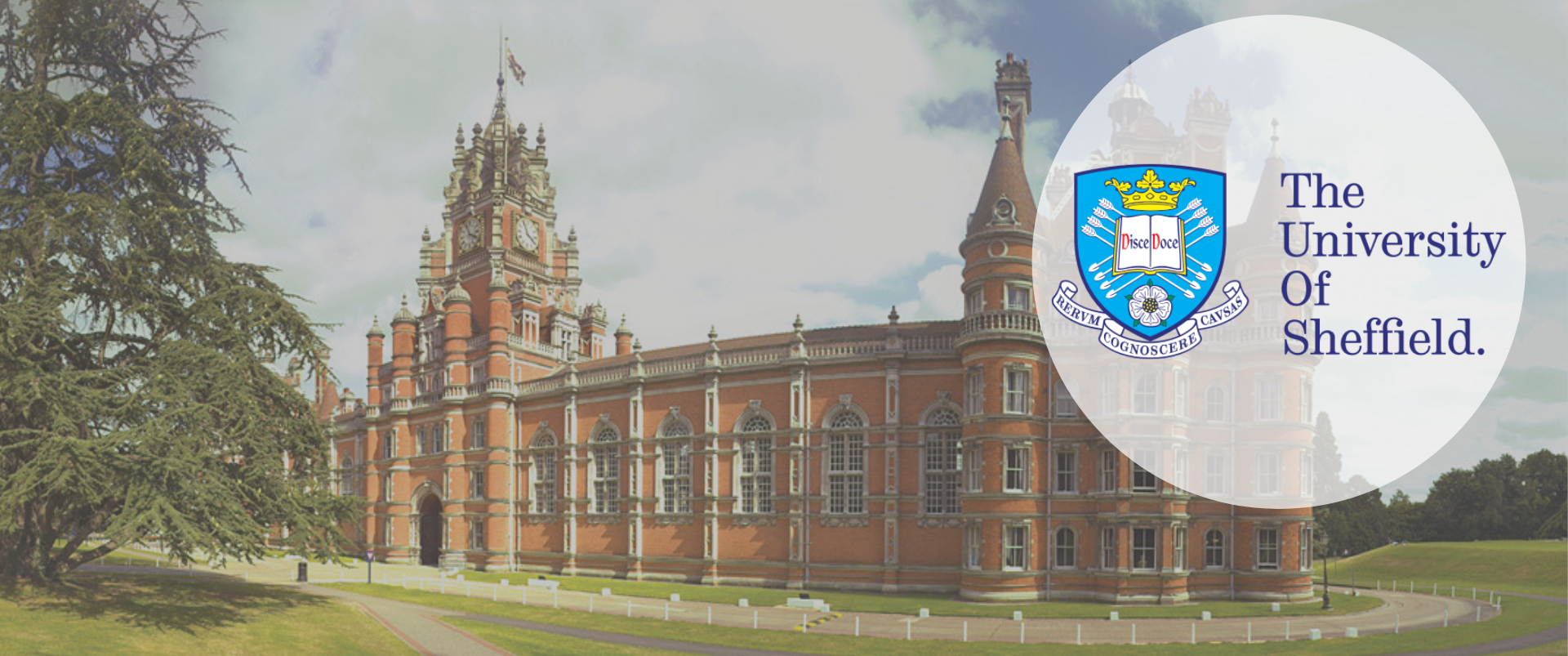Chemistry B.Sc
Course description
Our three-year BSc Chemistry course is built around the cutting-edge science that's going to solve big global challenges. You will gain the fundamental knowledge that every chemist needs for a successful career. There's a lot of flexibility, so you can tailor your degree to your interests and goals.
The content of our courses was created in consultation with our students. On this degree, we cover a number of topics based on the latest advances in science, and the skills and expertise that chemistry graduates can offer industry and society. These include:
- environmental and sustainable chemistry
- biological and medicinal chemistry
- advanced materials and nanotechnology
- chemistry of light
- astrochemistry
- computational chemistry
Most of the modules on our undergraduate courses are the same for the first two years. You'll have more flexibility and freedom to specialize later in your degree. Our courses are accredited by the Royal Society of Chemistry, so you will cover all of the organic, inorganic, physical and analytical chemistry that a professional chemist needs to know.
In first year, you'll spend a day a week in the lab, learning essential skills and techniques. You will study topics including the structure of atoms and molecules, how chemical reactions happen, and how to identify and analyse different chemicals and elements. You'll also look at the biological processes that chemistry drives, and the technologies and products that chemistry has made possible - from cosmetics to explosives.
In second year, you'll start spending two days a week in the lab, as you learn to run more complex experiments. You'll move on to study more advanced topics in organic chemistry (functional groups, synthesis, biopolymers), inorganic chemistry (main group compounds, transition metal coordination complexes, inorganic solids) and physical chemistry (quantum mechanics, thermodynamics, polymers and colloids).
In third year, you'll work on your own research project: you'll gather and evaluate data, run your own experiments and present your findings. You'll have a wide range of optional modules to choose from too, with topics ranging from energy storage to chemistry in space.
All of your lectures are backed up by small group tutorials, where you can delve deeper into complex topics. These small group teaching sessions are led by your personal tutor in first year, and specialist tutors who are experts in the specific topics you're studying in later years. Your personal tutor will also help you work out which skills you need to develop and support you as you build up your CV in time for graduation.
If you want to study chemistry, but don't meet the entry requirements to go straight into the first year, our Chemistry with a Foundation Year could be for you. After successfully completing the one-year programme, you'll progress onto the first year of your chosen degree.
Accreditation
Accredited by the Royal Society of Chemistry for partially meeting the academic criteria for Chartered Chemist (CChem).
Intakes
- Sep
Application Processing Time in Days: 30
Application Process
Minimum English Language Requirements
| English Level Description | IELTS (1.0 -9.0) | TOEFL IBT (0-120) | TOEFL CBT (0-300) | PTE (10-90) | |
|---|---|---|---|---|---|
| Expert | 9 | 120 | 297-300 | 86-90 | |
| Very Good | 8.5 | 115-119 | 280-293 | 83-86 | |
| Very Good | 8 | 110-114 | 270-280 | 79-83 | |
| Good | 7.5 | 102-109 | 253-267 | 73-79 | |
| Good | 7 | 94-101 | 240-253 | 65-73 | |
| Competent | 6.5 | 79-93 | 213-233 | 58-65 | |
| Competent | 6 | 60-78 | 170-210 | 50-58 | |
| Modest | 5.5 | 46-59 | 133-210 | 43-50 | |
| Modest | 5 | 35-45 | 107-133 | 36-43 | |
| Limited | 4 | 32-34 | 97-103 | 30-36 | |
| Extremely Limited | < 4 | < 31 | < 93 | < 30 |
- Course Type: Full Time
- Course Level: Bachelors/UG Degree
- Duration: 03 Year
-
Total Tuition Fee:
71250 GBP
Annual Cost of Living: 9207 GBP
Application Fee: N/A
Similar Programs
- Computer Science (Software Engineering) BEng at The University of Sheffield
- BSc Chemistry with a Year in Industry at The University of Sheffield
- BSc or MChem Chemistry with a Foundation Year at The University of Sheffield
- BSc Chemistry with Biological and Medicinal Chemistry at The University of Sheffield
- Biosciences with a Foundation Year BSc at The University of Sheffield
- BSc Biochemistry with a Year in Industry at The University of Sheffield

